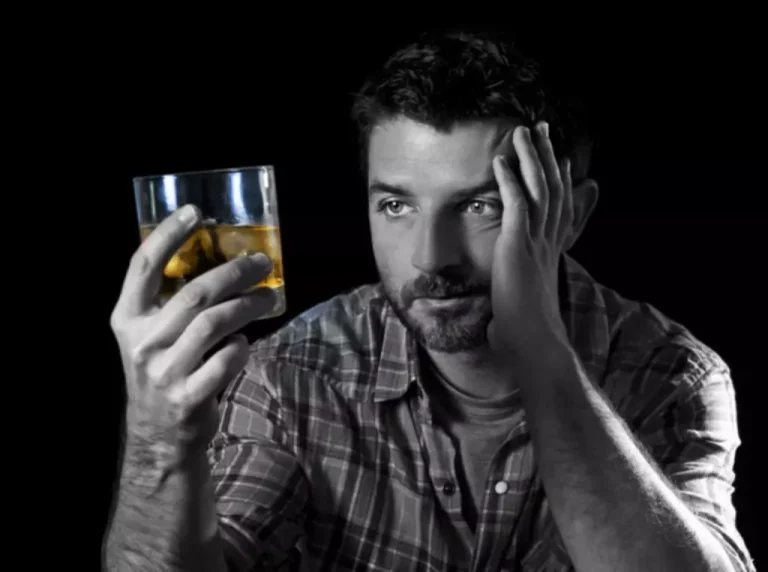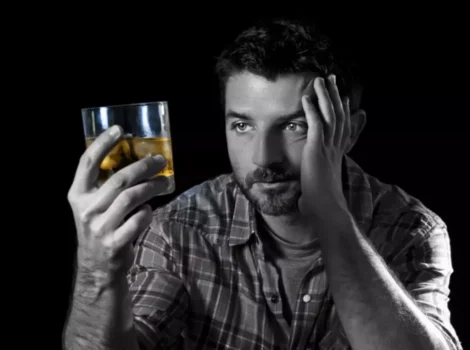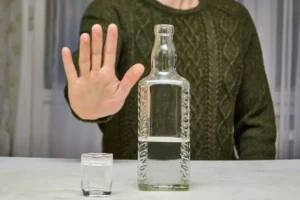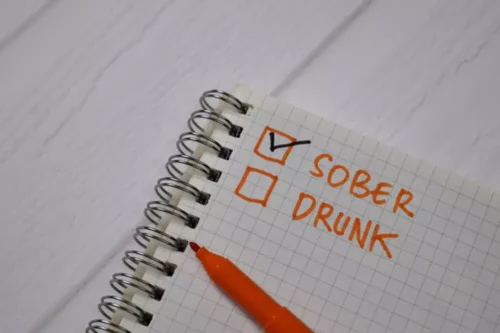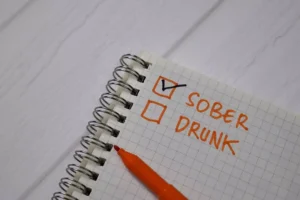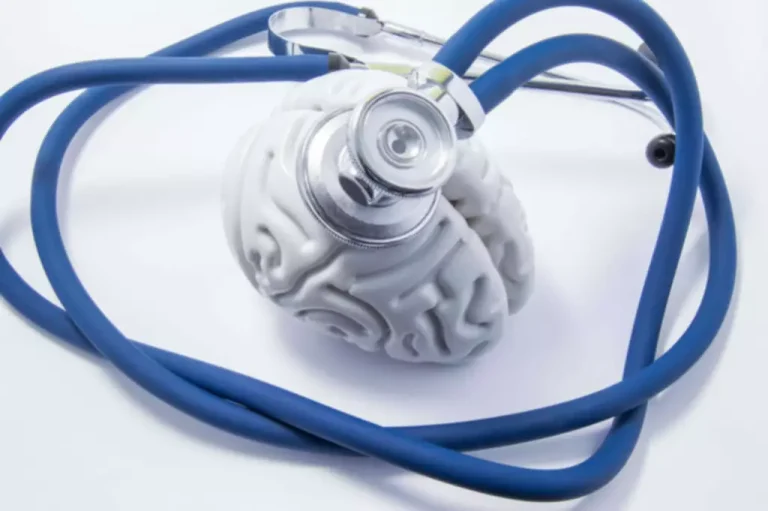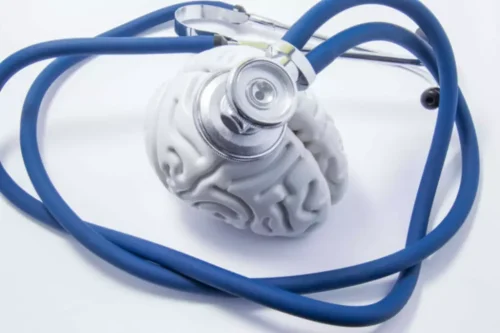Victory Programs Boston, MA
Our house managers all have extensive experience in managing the sober home environment. They have a 1st hand understanding of the challenges our guests face on their recovery journey. They are also dedicated to providing a safe, zero tolerance environment to foster that maintained recovery. They are experts at fairly and compassionately applying both to the management of the home and residents.
The absence of a stable, alcohol and drug free living environment is a monumental obstacle to maintained abstinence. A study by the US National Library of Medicine and the National Institutes of Health showed that, for even the most motivated individuals, a non-stable living environment is very likely to derail recovery. Specialty rehab programs at Victory Programs include gender-specific addiction treatment addressing unique challenges faced by men and specialized drug rehab for veterans, addressing combat-related trauma and reintegration. With a focus on alcohol and drug-free living, Victory Programs understands the importance of a stable living environment in maintaining sobriety.
- Our East Boston house is a comfortable, conveniently located home where you’ll fit right in with our sober family.
- Therapy is a pivotal part of effective substance abuse treatment, as it often covers root causes of addiction, including challenges faced by the patient in their social, family, and work/school life.
- The popular song “Jingle Bells” was written by Medford resident James Pierpont in 1850, inspired by the annual one-horse open-sleigh races on Salem and Pleasant Streets between Medford Square and Malden Square.
- Please do not use names (job titles / positions are acceptable) of any individual or identifying features, abusive remarks, or allegations of negligence or criminal activity.
Clinical Services
Located on a beautiful, quiet street with ample parking, it has easy access to both highway and MBTA. Medford is a great community, and this is a great option to start your road to continued sobriety. We also offer support with other programs like food stamp assistance, when needed and applicable. The Medford sober home is a large, spacious home, made even more warm and welcoming by the great people who live there. Located on a beautiful, quiet street with driveway and street parking available, this home has easy highway access andis just around the corner from several MBTA stops. Calls to any general helpline will be answered by treatment providers, each of which is a paid advertiser.
Oxford House Hooper Street is a non-profit rehab located in Chelsea, MA. Oxford House Hooper Street helps individuals struggling with mental health and substance abuse by providing a sober living environment. The Oxford House has a unique concept in recovery from drug and alcohol addiction. Each sober living home is democratically run, self-supporting and drug-free home.
East Boston Sober Living
Their houses are equipped with amenities such as cable TV, Wi-Fi, and proximity to transportation, making it easier for guests to navigate their daily lives while staying committed to their recovery. Victory Programs is a sober community in Lowell, MA, dedicated to providing affordable and temptation-free living for individuals in recovery. They offer fully furnished rooms in sober houses, creating a safe and supportive environment for those transitioning back into the community as newly sober individuals.
Our East Boston house is a comfy three family home with three individual apartments all living together as one sober family. With locations around the Boston area Victory Programs homes are ideal for anyone looking to maintain their sobriety by living in the safe, comfortable environment of a sober house. This means in order to enter a home you must arrive and remain sober and commit to frequent weekly drug screenings while living in their homes. Check out more about living a sober lifestyle and how we support sober living in our Sober Living Blog. Because we understand that living a clean and sober life can only happen when you’re living a life, unlike other sober homes our approach allows for overnights Review Victory Programs and working full time is permitted instantly. For recreation, patients can unwind in the rec room after a lengthy day of therapy.
Lowell Sober Living
If you are struggling with substance addiction, it’s never too late to seek help at one of the many drug rehabs in Boston. Whether you need an alcohol rehab or a drug rehab, there is a nearby treatment center able to offer you a customized recovery plan that will help you rebuild your life. Browse 29 centers in Boston and sort by treatment options, payment, and accreditations to find the right drug rehab program for you. In individual therapy, a patient meets one-on-one with a trained psychologist or counselor. Therapy is a pivotal part of effective substance abuse treatment, as it often covers root causes of addiction, including challenges faced by the patient in their social, family, and work/school life. These calls are offered at no cost to you and with no obligation to enter into treatment.
Victory Programs Somerville is a premier provider of alcohol and drug rehab services. We offer a variety of programs and services to meet the needs of our clients, including inpatient and outpatient rehab, sober living homes, family therapy, and aftercare support. We are committed to providing the highest quality care possible, and our experienced staff is here to help you every step of the way.
University of Massachusetts LowellA nationally ranked, public research institution, partof the University of Massachusetts system. It offers undergraduate and graduate programs including Online and Continuing Education programs. Davis SquareMore than a night life spot, Davis Square boasts an eclectic mix of restaurants and coffee shops that draw a young crowd. The landmark Somerville Theatre showcases indie films and houses the Museum of Bad Art in the basement. Just two miles north of Boston Somerville was named the best-run city in Massachusetts by the Boston Globe in2006.
Useful Medford Links
- Victory Programs’ zero tolerance also means if a resident has just one positive test that resident is immediately discharged from the house.
- Family dynamics often play a critical role in addiction triggers, and if properly educated, family members can be a strong source of support when it comes to rehabilitation.
- They offer a variety of programs and services for individuals and families struggling with addiction, including inpatient and outpatient rehab, sober living homes, and aftercare support.
- We provide unbiased, research-backed information to help you find the right treatment.
- Roxbury Comprehensive New Directions Program is a private rehab located in Bosto…
- Our Somerville home is a semi modern two family with a gigantic living room and a great group of residents.
Living in one of our sober houses aids the sometimes difficult transition of reentering the community as a newly sober person. Calls to numbers on a specific treatment center listing will be routed to that treatment center. Any treatment center receiving calls from the site is a paid advertiser. Please do not use names (job titles / positions are acceptable) of any individual or identifying features, abusive remarks, or allegations of negligence or criminal activity.
Genetic factors may be at play when it comes to drug and alcohol addiction, as well as mental health issues. Family dynamics often play a critical role in addiction triggers, and if properly educated, family members can be a strong source of support when it comes to rehabilitation. Substance rehabs focus on helping individuals recover from substance abuse, including alcohol and drug addiction (both illegal and prescription drugs).
Our East Boston house is a comfortable, conveniently located home where you’ll fit right in with our sober family. Just minutes from the MBTA blue line, 1 stop to downtown Boston, all the sober life necessities are easily accessible making this a great place to get on your feet and move forward with a completely sober future. Our zero tolerance sober homes mean everyone is committed to living sober and clean, so they understand the challenges that presents – providing you or your sober loved one the best chance for staying on the road to recovery.
Maintaining sobriety is the most important aspect of life for a recovering alcoholic or drug addict. This is at times an extremely difficult task if not living in the right environment. Victory Programs does not provide ANY treatment or services whatsoever, but being surrounded by other sober people, we are the best place to live a sober lifestyle. Many of those suffering from addiction also suffer from mental or emotional illnesses like schizophrenia, bipolar disorder, depression, or anxiety disorders. Our team evaluated 20 drug and alcohol rehab centers in Boston, Massachusetts, identifying top-rated facilities offering detox, inpatient, and outpatient treatment. Insurance often covers addiction treatment, making quality care more accessible.
Life skills trainings involve all the skills a person must have in order to function successfully in the world. These include time management, career guidance, money management, and effective communication. Truly successful addiction recovery is based on the ability to not only live substance-free, but to thrive.
Opioid rehabs specialize in supporting those recovering from opioid addiction. They treat those suffering from addiction to illegal opioids like heroin, as well as prescription drugs like oxycodone. These centers typically combine both physical as well as mental and emotional support to help stop addiction. Physical support often includes medical detox and subsequent medical support (including medication), and mental support includes in-depth therapy to address the underlying causes of addiction. Research clearly demonstrates that recovery is far more successful and sustainable when loved ones like family members participate in rehab and substance abuse treatment.
About Oxford House Hooper Street
There are a number of different group therapy modalities, including support groups, experiential therapy, psycho-education, and more. Group therapy involves treatment as well as processing interaction between group members. Living in one of their sober houses aids the sometimes difficult transition of reentering the community as newly sober person. With two great Victory Programs locations, Lowell is an amazing place to call home-base for your sober journey. Our homes in Lowell are comfortable and convenient, and provide a supportive, sober-focused family community.

